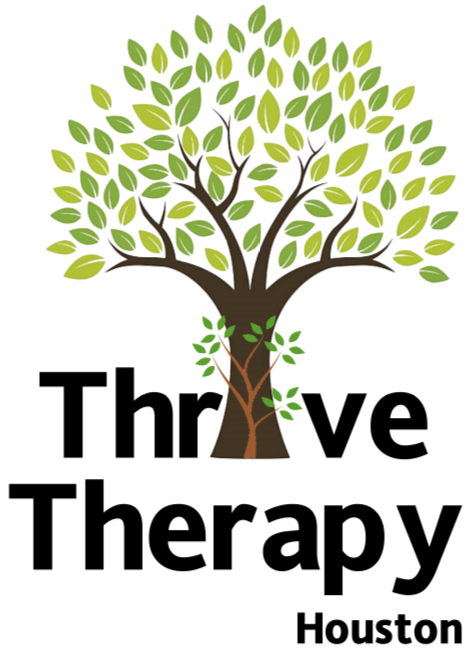EFT (Emotionally Focused Therapy)
Emotionally Focused Therapy (EFT) was developed by Sue Johnson (1985) and has demonstrated its effectiveness in over 30 years of peer-reviewed clinical research. Originally created for couples/partnerships and marriage therapy, Emotionally Focused Therapy (EFT) now exist to used the same evidence-based interventions to support Families (EFFT) and Individuals (EFIT) in their therapy journey.
“The most functional way to regulate difficult emotions in love relationships is to share them.”
― Sue Johnson, "Love Sense"
Schedule an appointment online:
Emotionally Focused Therapy (EFT) is a systems approach rooted in attachment theory and neuroscience. EFT allows us to work with what is coming alive in the present to create a new, experiential learning for the individuals. As Sue Johnson says, "What couples and therapists too often do not see is that most fights are really protests over emotional disconnection. Underneath all the distress, partners are asking each other: Can I count on you, depend on you? Are you there for me? Will you respond to me when I need, when I call? Do I matter to you?" EFT is about learning how to reconnect and heal together.
The theory behind EFT is rooted deeply in neuroscience and attachment theory and helps us understand that couples/partnerships come in feeling disconnected due to coping strategies that show up in moments of distress. During the beginning of EFT, with de-escalation, the partners identify their steps in the dance or pattern that is causing them so much hurt. Partners begin to understand their cycle or patterns more deeply and identify the trigger/cue, emotion, meaning, and protective actions that comes with that pattern and how it impact each other. As partners identify their cycle of interaction, therapists guide clients to identify and name the pattern in order to share them together.
“When love doesn’t work, we hurt. Indeed, “hurt feelings” is a precisely accurate phrase, according to psychologist Naomi Eisenberger of the University of California. Her brain imaging studies show that rejection and exclusion trigger the same circuits in the same part of the brain, the anterior cingulate, as physical pain.”
― Sue Johnson, "Hold Me Tight"
EFT is the ONLY model of couple intervention that uses a systematic, empirically validated theory of adult bonding as the basis for understanding and alleviating relationship problems. EFT research has shown a larger effect size (1.3) than any other couple intervention has achieved to date (Johnson et al, 1999). Studies consistently show excellent follow-up results, and some studies show that significant progress continues after therapy. (There is even an FMRI study showing that EFT changes the way contact with a partner mediates the effect of threat on the brain! A short video, Soothing the Threatened Brain, summarizing this study can be viewed on drsuejohnson.com/videos.)
Research studies support effectiveness of EFT with multiple populations and challenges including variety of stressful and traumatic situations. The generalizability of EFT across different kinds of clients and couples facing co-morbidities such as depression and PTSD has been examined and results are consistently positive. While research in still new regarding EFT for Individuals (EFIT) and Families (EFFT), research to date is promising and positive.
LEARN MORE: What is EFT? ICEEFT
LEARN MORE: Where Love Goes Wrong?
References
Beasley, C.C., & Ager, R. (2019). “Emotionally Focused Couples Therapy: A Systematic Review of its Effectiveness Over the past 19 Years.” Journal of Evidence-Based Social Work, 16(2), 144-159.
Wiebe, S.A., & Johnson, S.M. (2016). “A Review of the Research in Emotionally Focused Therapy for Couples.” Family Process, 55(3), 390-407.
Johnson, S. and Greenman, P. (2013). “Commentary: Of Course It Is All About Attachment!” Journal of Marital and Family Therapy, 39(4), 421-423.
Johnson, S., Hunsley, J., Greenberg, L. & Schindler, D. (1999). “Emotionally Focused Couples Therapy: Status & challenges (A meta-analysis).” Journal of Clinical Psychology: Science and Practice, 6(1), 67- 79. NOTE: Also listed here under “Meta-Analyses”
More research included at ICEEFT Website.
